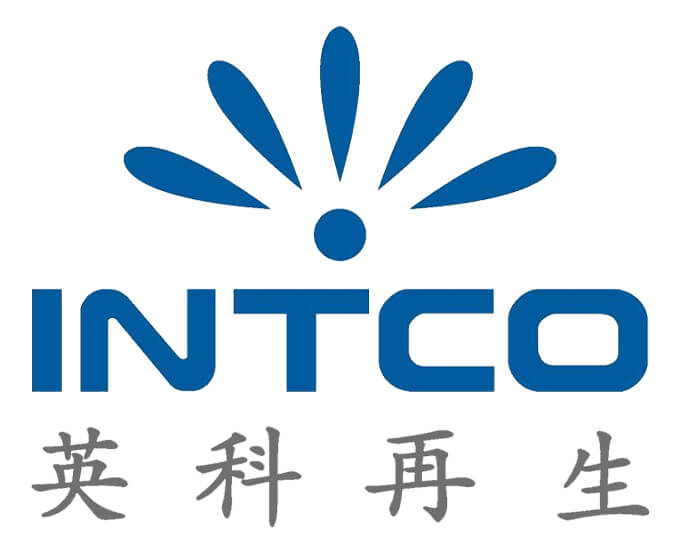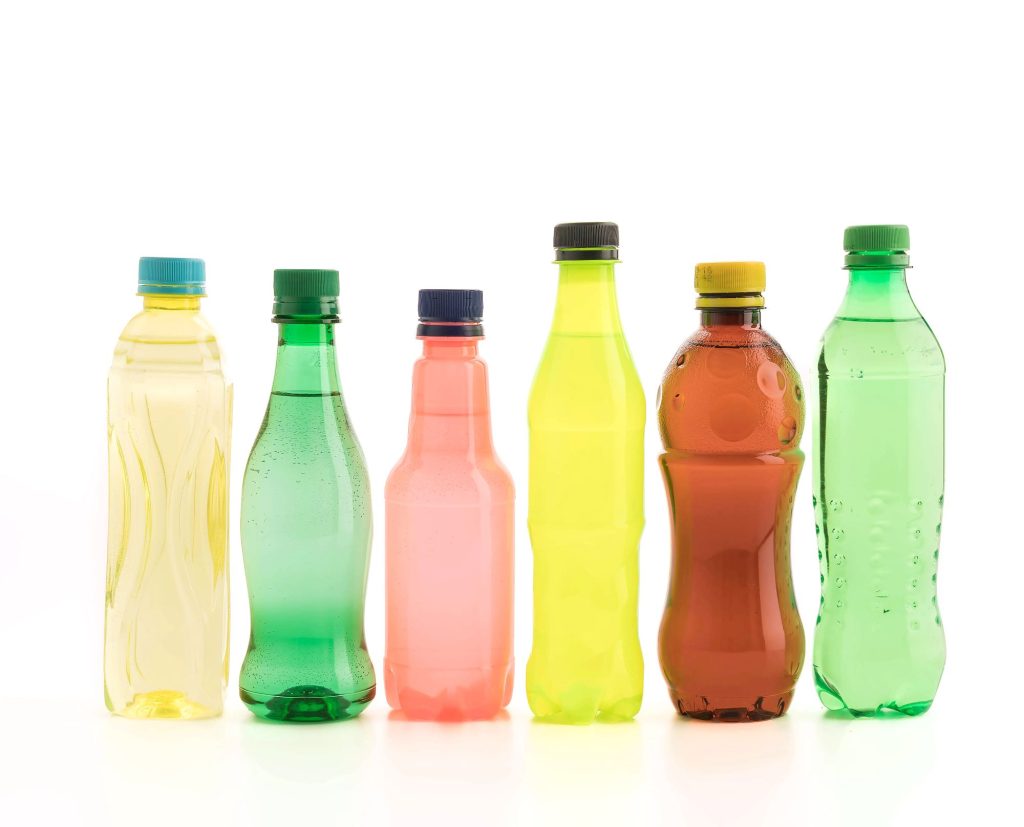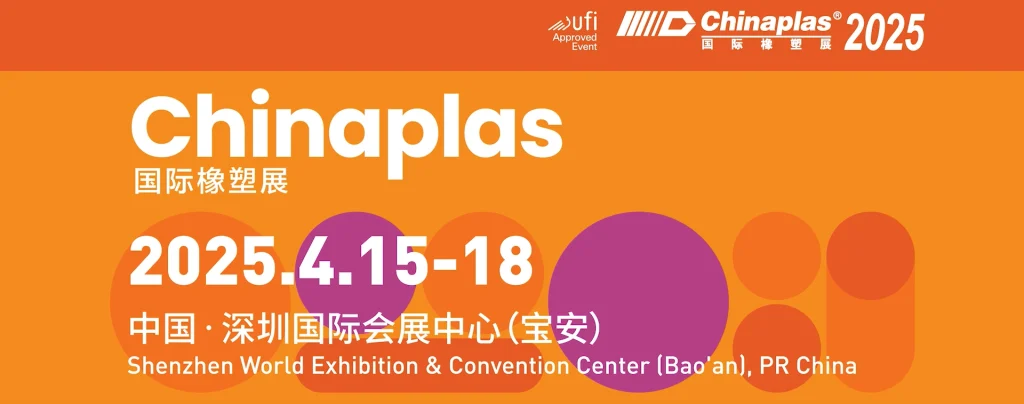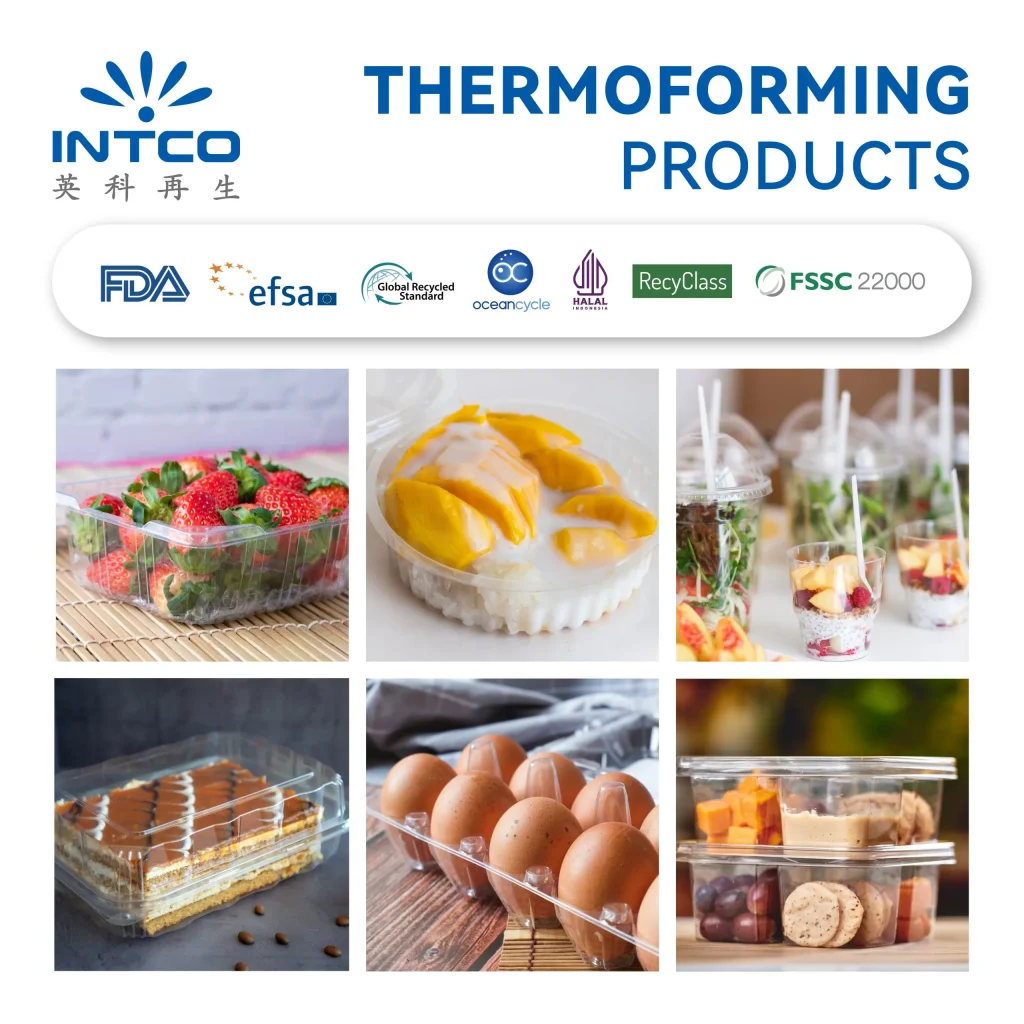Understanding Recycled Plastics Chips
Recycled plastic chips, also referred to as recycled plastic pellets, are small granules derived from plastic waste. These pellets originate from post-consumer plastics, such as bottles and packaging materials, or from post-industrial plastic waste like manufacturing offcuts and scraps. Recycled plastic pellets are subsequently utilized as raw materials in a variety of applications, providing a sustainable substitute for virgin plastics.
Definition and Components
Recycled plastics chips are created by collecting plastic waste, sorting it, cleaning it, and then processing it into small, uniform pellets. These pellets can be made from a range of plastic types including polyethylene terephthalate (PET), polystyrene (PS), polypropylene (PP), and polyethylene (PE). Each type has its own unique properties and is suitable for different applications. The components of recycled plastics pellets include the base plastic material and any additives used during the recycling process to enhance performance.
Types of Recycled Plastics Pellets
There are several types of recycled plastics pellets, each serving different industrial needs. Recycled PET pellets, for instance, are widely used for beverage bottles, food packaging, and textiles. These pellets can match the quality of virgin PET and are certified by organizations such as the FDA for safety. Recycled PS pellets are commonly used in insulation foam boards and other construction materials, offering similar strength and density as their virgin counterparts. These various types of recycled pellets provide versatility and adaptability in numerous industrial applications.
Production Process of Recycled Plastics Chips
The production of recycled plastics chips involves several key steps. First, plastic waste is collected from various sources and transported to recycling facilities. The material is then sorted based on type, color, and cleanliness. Following sorting, the plastics are washed to remove any contaminants or residues. The clean plastic is then shredded into smaller fragments before being melted and extruded into pellets. These recycled plastics pellets are then cooled, cut to size, and packaged for distribution. This process not only reduces waste but also promotes the conservation of resources by reusing existing materials.
INTCO Recycling is the global leader in resource recycling and a pioneer in the circular economy. With a commitment to sustainable development and environmental responsibility, INTCO has revolutionized the recycling industry with its cutting-edge production processes and state-of-the-art equipment.
INTCO Recycling specializes in utilizing recycled resources to create a full supply chain with recirculated plastics. Their innovative approach has led to the development of rPS, or recycled polystyrene, a sustainable alternative to traditional plastics. By harnessing the power of advanced processes and technologies, INTCO ensures unparalleled product quality and contributes to a greener future.
rPS, made from recycled polystyrene, offers a range of benefits. It not only reduces the demand for virgin plastics but also helps divert waste from landfills, making it an eco-friendly choice. INTCO Recycling’s commitment to sustainability is evident in their annual capacity to recycle 150,000 tons of EPS foam and transform 50,000 tons of PET bottles into food-grade PET plastics. This remarkable achievement saves 450,000 tons of crude oil, spares 2.7 million trees, and reduces 300,000 tons of carbon emissions per year.

Advantages of Using Recycled Plastics Pellets
Environmental Benefits
Utilizing recycled plastic pellets provides notable environmental benefits. Primarily, it aids in waste reduction. Converting plastic waste into pellets diverts a significant amount of material from landfills and oceans, thereby decreasing pollution and conserving landfill space. Additionally, recycling plastics conserves natural resources by lessening the need for raw materials used in producing new plastics. This method also consumes less energy than manufacturing new plastics, which leads to reduced greenhouse gas emissions.
Economic Benefits
Recycled plastics pellets present notable economic benefits for businesses and industries. The production process of recycled pellets is cost-effective due to the availability of plastic waste and the efficiency of modern recycling techniques. Companies can reduce their material costs by incorporating recycled plastics into their production lines. Additionally, using recycled plastics aligns with sustainable manufacturing practices, which can enhance a company’s reputation and provide a competitive edge in the market. The growing demand for eco-friendly products also opens new market opportunities for businesses utilizing recycled plastics.
Quality Aspects of Recycled Plastics Chips
Assessing the Quality Standards
Ensuring the quality of recycled plastics pellets is critical for their effective use in various applications. Quality assessment typically involves checking material purity, where any contaminants are identified and removed to prevent compromising the recycled plastic’s performance. Durability and strength tests are also conducted to ensure that the recycled pellets meet the requirements for their intended use. These quality checks help maintain the reliability and consistency of recycled plastic products.
Certification and Compliance
Recycled plastics pellets often need to meet specific certification and compliance standards before they can be used in certain applications. For example, recycled PET pellets used in food packaging must be certified by regulatory bodies such as the FDA or EFSA to ensure they are safe for contact with food. Likewise, recycled PS pellets may need certifications like GRS (Global Recycled Standard) or REACH to verify their safety and environmental compliance. Achieving these certifications helps assure customers of the quality and safety of the recycled products.
Applications and Versatility in Various Industries
Construction and Building Materials
Usage in Insulation Panels
Recycled plastics pellets are playing a vital role in the construction sector, especially in the production of insulation panels. Companies like INTCO MALAYSIA are leveraging recycled PS pellets, collected from global EPS foam waste, to produce XPS extruded insulation foam boards. These pellets can effectively replace traditional GPPS materials, achieving comparable compressive strength, density, thickness, and thermal conductivity. The use of recycled plastics chips in insulation panels helps in reducing energy consumption in buildings, while also offering an eco-friendly alternative to conventional materials. Moreover, such applications align with regulatory standards such as REACH and ROHS, ensuring environmental compliance without compromising on performance.
Structural Components
In addition to insulation, recycled plastics pellets are utilized in manufacturing various structural components for buildings. For instance, recycled PET pellets, derived from post-consumer bottles, are integrated into the production of roofing systems, decking, and cladding materials. These components benefit from the durability and strength provided by recycled plastics, making them suitable for long-term structural use. The inherent resilience of recycled plastics ensures that these materials can withstand varying weather conditions, contributing to the longevity and stability of structures. Utilizing recycled materials also supports sustainable construction practices by minimizing the reliance on virgin raw materials and reducing overall environmental impact.
Automotive Industry
Car Parts Manufacturing
The automotive industry is increasingly incorporating recycled plastic pellets in the production of various car parts. For instance, recycled PP and PE pellets are extensively utilized in manufacturing components like bumpers, dashboards, and door panels. These uses benefit from the cost-efficiency and mechanical attributes provided by recycled plastic chips, all while maintaining safety and performance standards. The improved strength and flexibility of recycled materials render them perfect for automotive components that need durability and resistance to wear and tear. Additionally, using recycled plastics in car parts aids automotive manufacturers in meeting their sustainability objectives, thereby decreasing their carbon footprint and promoting environmental conservation.
Interior Applications
Internally, recycled plastics pellets are utilized in the creation of various interior car components such as upholstery, carpeting, and trim elements. Recycled PET pellets are especially popular for these applications due to their excellent fiber-forming properties. The use of these materials not only enhances the aesthetic appeal of car interiors but also provides superior comfort and ease of maintenance. As a result, automotive companies are able to offer consumers high-quality, sustainable products that meet stringent environmental regulations. The shift towards using recycled materials in interior applications is also driven by a growing demand for eco-friendly vehicles, reflecting changing consumer preferences and market trends.
Packaging Solutions
Consumer Goods Packaging
Recycled plastics pellets are extensively used in packaging solutions, particularly for consumer goods. Recycled PET pellets, certified by bodies such as the FDA and EFSA, are commonly employed in food and beverage packaging. These pellets ensure that the packaging is safe for food contact while providing a sustainable alternative to virgin plastics. The versatility of recycled plastics chips allows for their use in producing bottles, containers, and wraps, offering both strength and clarity. By choosing packaging made from recycled materials, companies can reduce their environmental impact and appeal to eco-conscious consumers who prefer products with minimal environmental footprint.
Industrial Packaging
In industrial packaging, recycled plastics pellets are utilized to manufacture heavy-duty containers, pallets, and protective packaging materials. These products require robust performance characteristics to withstand the rigors of transportation and storage. Recycled plastics provide the necessary strength, resilience, and cost advantages, making them ideally suited for industrial applications. Additionally, the use of recycled materials in industrial packaging aids in reducing waste and promoting the circular economy. By converting plastic waste into valuable packaging products, industries not only manage resources efficiently but also contribute to reducing the volume of plastic waste entering landfills and oceans.

Future Prospects for Recycled Plastics Pellets Market
Technological Advancements
Technological advancements are continuously shaping the future of the recycled plastics pellets market. The efficiency and quality of recycling operations are being enhanced by innovations in sorting and processing technologies. For example, advanced automated sorting systems can accurately segregate different types of plastic waste, reducing contamination and improving the purity of recycled pellets. Moreover, new processing methods are being developed to manage complex plastic waste streams and enhance the physical properties of recycled materials. As technology continues to evolve, the ability to produce high-quality recycled plastics will grow, creating new opportunities for their use in various industries and further supporting sustainability efforts.
Emerging Trends and Innovations
Several emerging trends and innovations are poised to drive the growth of the recycled plastics pellets market. One significant trend is the increasing adoption of bioplastics and biodegradable materials in conjunction with recycled plastics to offer more comprehensive sustainable solutions. Innovations in additive manufacturing, or 3D printing, using recycled plastics chips are also gaining traction, enabling the creation of complex and customized products with reduced material waste. Another emerging trend is the integration of recycled plastics into smart packaging solutions, which include features such as tracking and freshness indicators. As consumer awareness and regulatory pressures continue to rise, businesses are likely to invest more in innovative recycling technologies and sustainable product designs, ensuring the ongoing expansion and diversification of the recycled plastics market.
Recycled plastics chips/pellets represent a pivotal component in the journey towards sustainability across various industries. From construction and automotive sectors to packaging solutions, their applications demonstrate the versatility and myriad benefits they offer. By staying abreast of technological advancements and embracing emerging trends, the potential for recycled plastics pellets is bound to flourish, contributing to a more sustainable and environmentally responsible future.












